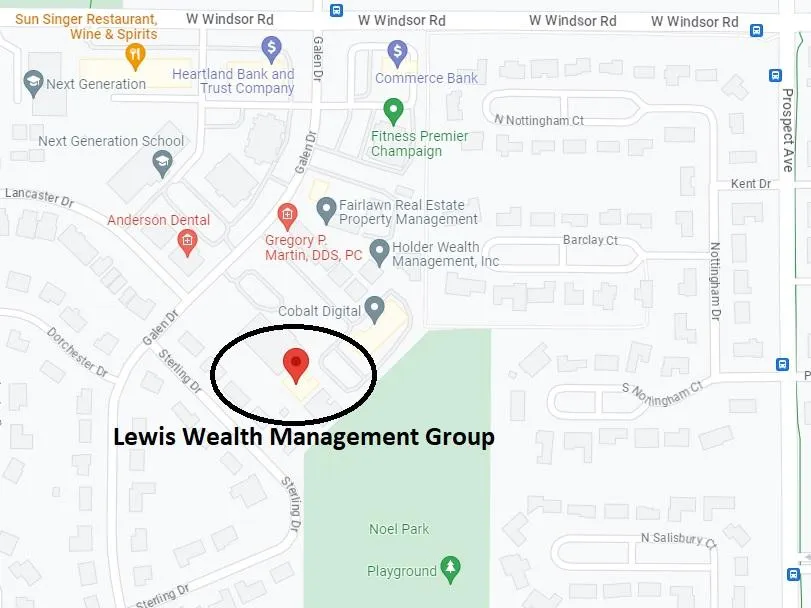
Understanding Inflation and Its Impact
Understanding Inflation and Its Impact on Retirement Planning
What is Inflation?
Inflation is the rate at which the general level of prices for goods and services is rising, subsequently eroding purchasing power. It's a natural part of economic life, affecting everything from the cost of your morning coffee to large-scale investments.
Why is Inflation High Right Now?
Several factors contribute to the current surge in inflation. Firstly, global economic recovery efforts post-COVID-19 have led to increased consumer spending. Additionally, supply chain disruptions have created shortages in various goods, driving prices up. There's also the impact of government stimulus packages, which, while bolstering the economy, can also contribute to inflation by increasing the money supply.
Inflation and Retirement Planning: A Critical Intersection
For those in sales, retired, or nearing retirement, understanding inflation is crucial. Retirement savings need to not just grow, but outpace inflation to maintain your purchasing power.
Factoring Inflation into Retirement Plans
Review and Adjust Investments: Diversify your portfolio to include assets that historically have fared well against inflation, like certain stocks, real estate, or Treasury Inflation-Protected Securities (TIPS).
Flexible Spending Strategy: Have a flexible spending plan. This might involve adjusting withdrawals based on market performance and inflation rates.
Long-Term Perspective: Inflation rates fluctuate. Your retirement plan should be structured to weather short-term volatility with a focus on long-term sustainability.
Regular Review of Plans: Regularly review your retirement plans with a financial advisor to ensure they align with the current economic climate and your personal goals.
Combating Inflation
Increase Savings: If possible, boost your retirement savings to build a larger nest egg that can better withstand inflation.
Delay Social Security: Consider delaying Social Security benefits to increase the amount you'll eventually receive, offering more protection against inflation.
Invest in Yourself: Keep updating your skills, even in retirement. This could mean part-time work, consulting, or turning a hobby into a source of income – like farming or ranching!
Live within Means: Be mindful of spending. Living within or below your means can create more financial cushion to deal with rising costs.
Conclusion
Inflation is an unavoidable element of the economic landscape, particularly impactful for those in retirement. By understanding what drives inflation and how to incorporate it into your financial planning, you can better protect your retirement savings and maintain your desired lifestyle. Remember, a good financial plan is adaptable – as your life changes, so should your approach to managing your finances.
©2023 Lewis Wealth Management Group. All rights reserved.
Lewis Wealth Management Group
217-337-5584
2506 Galen Drive Ste 104
Champaign IL 61821
Check the background of your financial professional on FINRA's BrokerCheck.


